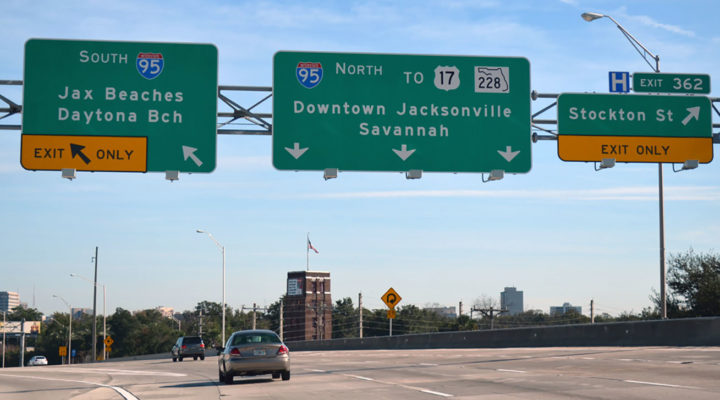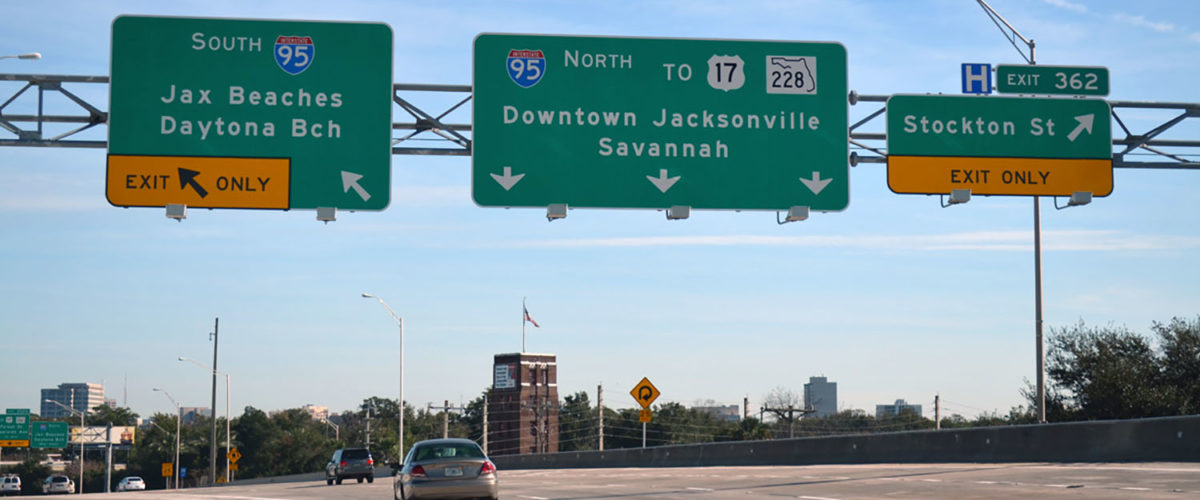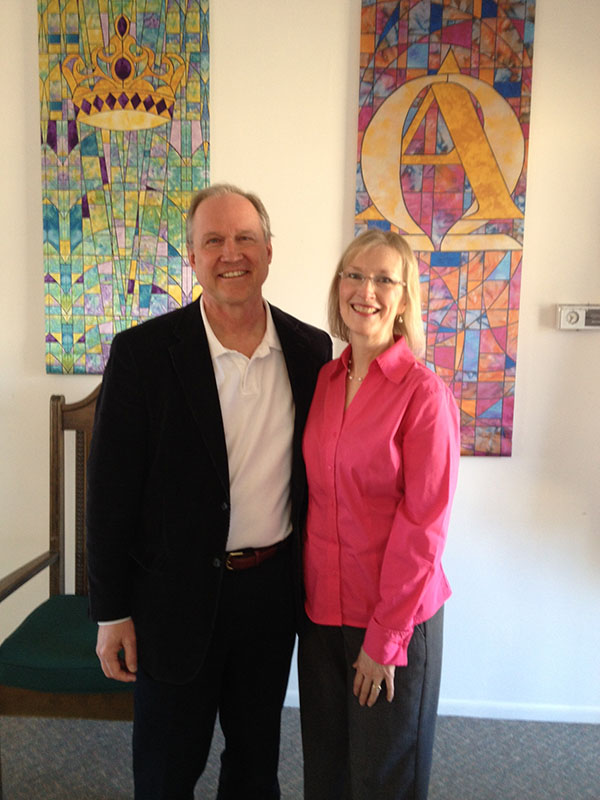Most churchgoers — almost 70 percent, according to new research — drive 15 minutes or less to get to Sunday worship.
That does not describe Todd and Marcia Putney of Macclenny, a rural community located along Interstate-10 in Northeast Florida.
The Putneys — he’s a retired American Baptist pastor, she’s a former school teacher — drive a about a half hour to Jacksonville Sunday mornings to worship at The Well at Springfield.
And they’re perfectly OK with that.
“We are not grumbling at all,” Todd Putney said.
But survey information published by Baylor University in September shows such attitudes and behaviors are in the minority in the United States.
Researchers found that 47 percent of Americans drive six to 15 minutes to connect with their fellowships while the commute takes 16-30 minutes for another 23 percent. Almost 22 percent said the drive takes less than five minutes.
Meanwhile, 9 percent say they commute 30 minutes or more to get to church, according a portion of the Baylor Religion Survey released in September.
Black Protestants are most likely to drive the furthest; close to 20 percent of them drive a half hour or more to church with Evangelical and Mainline Protestants, and Catholics, following in single digits.
Catholics lead in the 6- to 15-minute drive category at 56 percent, researchers found. They are followed by Mainline Protestants at 48 percent, Evangelicals at 45 percent and African Americans at 26 percent.
“The gap between a person’s place of residence and their place of worship has implications,” the study said. “Half of Americans who live within 15 minutes of the place of worship report attending religious services weekly or more. “As the distance from a congregation increases, the likelihood of weekly attendance decreases.”
Again, the Putneys buck that trend — which is no small effort because getting to The Well requires not only an interstate trip but several minutes negotiating Jacksonville’s downtown and inner-city neighborhoods.
“Sometimes we drive in five days a week, but generally we go in three,” Putney said.
Their motivation is likely that of anyone who drives a long way to church: finding an approach to service and fellowship that transcends distance.
“There is a segment of the Christian population that is very intentional about what they are looking for, and it involves much more than a Sunday worship experience,” he said.
For the Macclenny couple, the draw is to a small, open, progressive church that is highly involved in the community. The Well is a church plant of both the national and Florida branches of the Cooperative Baptist Fellowship.
“The Well is interested in social justice applications of the gospel,” he said. “It’s biblically based and yet very applicable socially to what’s going on in our community.”
And there is, in Pastor Susan Rogers, an inspiring leader and preacher who keeps the small, sometimes-roving congregation focused on its mission.
It’s not altogether unlike the American Baptist congregations Putney said he himself has pastored, including Community Baptist Church in Kodiak, Alaska.
There was plenty of competition from other congregations on the remote island. Community Baptist was there for Christians who wanted to live a progressive, compassionate faith.
It has a lot in common with The Well.
“There is no sophisticated music and none of the evangelical gimmicks or come-ons to get people to come to church,” Putney said. “And you’re there because you want to be there.”



